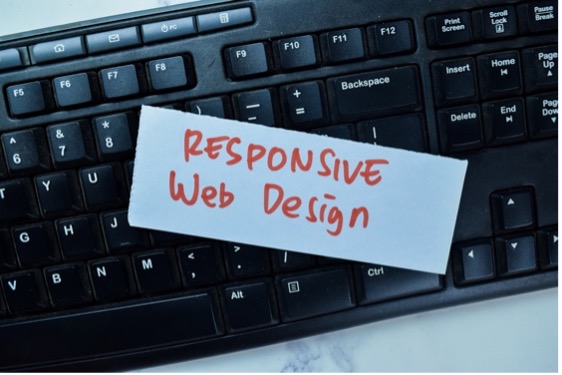In today’s digital era, where instant gratification is the norm, the speed and performance of your website can make or break your online success. Visitors have little patience for slow-loading sites, and search engines penalise them in rankings. So, why is website speed and performance optimisation crucial? In this article, we’ll explore the undeniable importance of a fast and responsive website, backed by facts and insights, and highlight how Juvo web design can help ensure your website is a blazing success.
-
The Need for Speed:
Website speed matters more than you might think. A study by Akamai found that 53% of mobile site visitors will leave if a webpage doesn’t load within three seconds. Moreover, Google considers page speed as a ranking factor. Faster-loading websites tend to rank higher in search results, attracting more organic traffic.
-
User Experience is Key:
A swift-loading website is a key component of a positive user experience. Slow websites frustrate users, leading to higher bounce rates and reduced engagement. A one-second delay in page load time can result in a 7% reduction in conversions, according to research by HubSpot. Ensuring a seamless experience for your visitors is vital for retaining and converting them.
-
Mobile Friendliness:
With the proliferation of smartphones, mobile browsing has become the norm. Google’s mobile-first indexing prioritises mobile-friendly websites in search results. A report by Statista predicts that by 2025, around 72.6% of internet users will access the web solely through their smartphones. A responsive website design ensures that your site performs well on all devices, further enhancing its reach and accessibility.
-
SEO and Search Engine Rankings:
Website speed directly impacts your search engine rankings. Google’s algorithm rewards fast-loading websites with higher positions in search results. A study by Backlinko found that faster websites rank significantly better than slower ones. Investing in speed optimization can give you a competitive edge in the digital landscape.
-
Improved Conversion Rates:
Performance optimisation isn’t just about speed; it’s about conversions too. Fast websites tend to have lower bounce rates and higher engagement, which can translate into increased sales and leads. Research by Crazy Egg suggests that even a one-second improvement in page load time can lead to a 2% increase in conversions.
-
Decreased Bounce Rates:
High bounce rates are a concern for websites that load slowly. When users encounter sluggish performance, they’re more likely to abandon the site. According to Think with Google, as page load time goes from one second to ten seconds, the probability of a mobile site visitor bouncing increases by 123%. Optimising your website’s performance can reduce bounce rates and keep visitors engaged.
-
Reputation and Trust:
A slow website can harm your brand’s reputation and erode trust. Visitors may perceive a sluggish site as unprofessional or unreliable. In a survey by Kinsta, 70% of respondents stated that website speed influences their opinion of a brand. A fast website not only impresses visitors but also enhances your brand’s credibility.
In conclusion, website speed and performance optimisation are non-negotiable in today’s digital landscape. From user experience and SEO to conversions and reputation, a fast-loading website plays a pivotal role in your online success.



